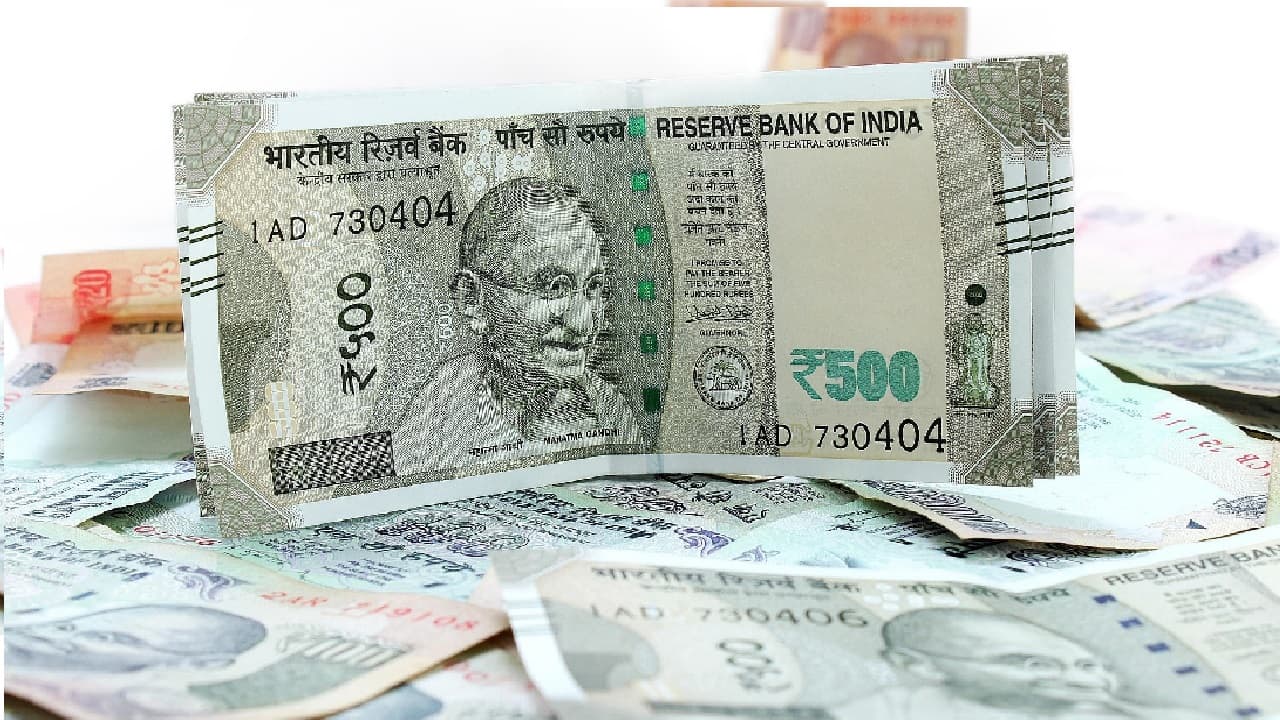<p>Bank Loan: Many people don’t know who is responsible for repaying a bank loan if the borrower dies. Find out from whom the bank will collect the debt.</p><p> </p><img><p>People often take personal, home, or car loans. But what if the borrower dies? This question worries many. Learn how banks collect the outstanding debt and from whom.</p><img><p>If a loan has a co-applicant, they become responsible for the debt. This is common for home loans. The co-applicant must continue EMIs as per the loan agreement.</p><img><p>If no co-applicant can pay, the bank asks the guarantor. If they can’t pay, legal heirs are liable only up to the value of inherited assets, not their personal property.</p><img><p>Many banks offer loan insurance. If the borrower dies, the insurance company pays the loan. This prevents the debt from becoming a burden on the family. Term insurance can also help.</p><img><p>For secured loans like home or car loans, the asset is collateral. If EMIs stop after the borrower’s death, the bank seizes the asset and auctions it to recover the debt.</p><img><p>For unsecured loans (e.g., personal loans), there’s no collateral. The bank can claim the deceased’s assets. If the debt isn’t covered, it may become an NPA.</p>
